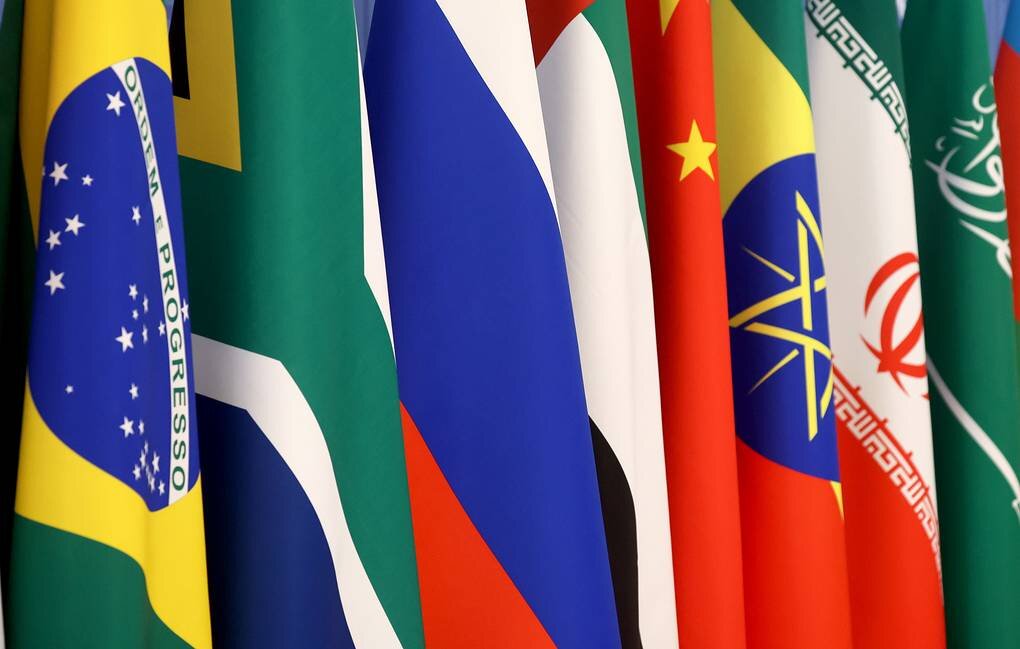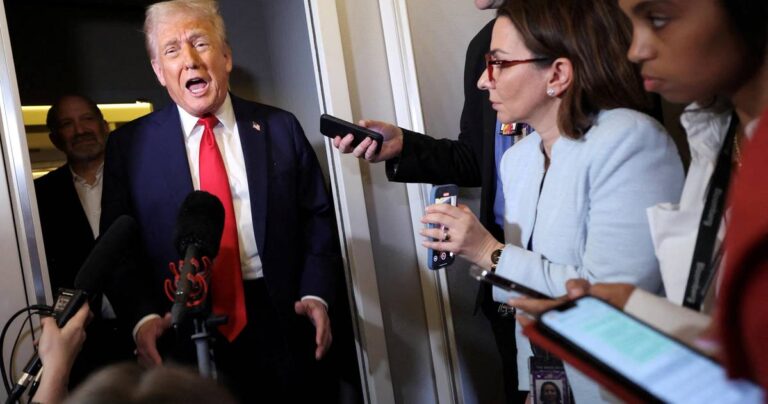BRICS Ministers Slam Unilateral Sanctions: A Call for Global Cooperation
In a recent statement, global ministers emphasized the detrimental effects of unilateral coercive measures, particularly those manifesting as unilateral economic sanctions and secondary sanctions that violate international law. This urgent call for action highlights the need to address the far-reaching implications of such sanctions on human rights and development.
The statement, reported by TASS, underscores the collective concern among ministers regarding the impact of these sanctions. They pointed out that these measures not only contravene international law but also undermine the fundamental rights of the general population in targeted states.
Here are some key points from the statement:
- The ministers condemned unilateral coercive measures, emphasizing their illegality under international law.
- They highlighted the negative consequences of such sanctions on human rights, particularly the right to development.
- The statement pointed out that these sanctions disproportionately affect vulnerable populations, including the impoverished.
- There was a unified call for the elimination of these harmful sanctions to restore human rights and development opportunities.
“The ministers reiterated that the unilateral coercive measures, inter-alia in the form of unilateral economic sanctions and secondary sanctions that are contrary to international law,” the statement said, TASS reported. “Therefore, they called for their elimination.”
The ministers also acknowledged that these sanctions have “far-reaching implications for the human rights, including the right to development, of the general population of targeted states.” This highlights the urgent need to reconsider the efficacy and morality of such measures, especially in light of their disproportionate impact on those in vulnerable situations.
Moreover, it is crucial to recognize that the effects of unilateral sanctions extend beyond immediate economic challenges. They contribute to a broader context of human suffering, exacerbating existing inequalities and hindering progress towards sustainable development. The ministers’ statement serves as a critical reminder that the international community must prioritize human rights and development over punitive measures that ultimately harm innocent civilians.
In an increasingly interconnected world, the implications of unilateral sanctions reach far and wide, affecting not only the targeted nations but also global stability and cooperation. As such, the ministers’ call for elimination is not just a plea for justice; it is a call for a more equitable and humane approach to international relations.
The statement also opens the floor for discussions about alternative measures that can be employed to address international disputes without resorting to coercive tactics that violate human rights. The necessity for diplomatic engagement and multilateral dialogue is more critical than ever in fostering an environment where all nations can thrive without the shadow of unjust sanctions looming over them.
By advocating for a reevaluation of unilateral coercive measures, the ministers are pushing for a paradigm shift in how the international community addresses conflicts and promotes development. This shift could lead to more constructive and effective solutions that prioritize human dignity and the well-being of all people, regardless of their nationality.
In conclusion, the urgent appeal made by the ministers for the elimination of unilateral economic sanctions and secondary sanctions is a significant step towards reinforcing the importance of human rights and development in global governance. As the world grapples with numerous challenges, it is imperative to advocate for policies that uplift rather than oppress, ensuring that the rights of the most vulnerable are protected and respected.






